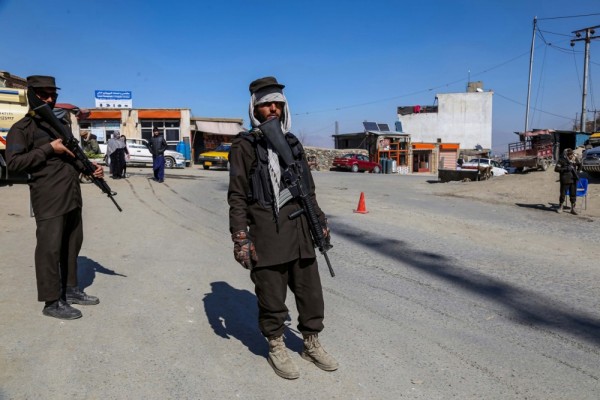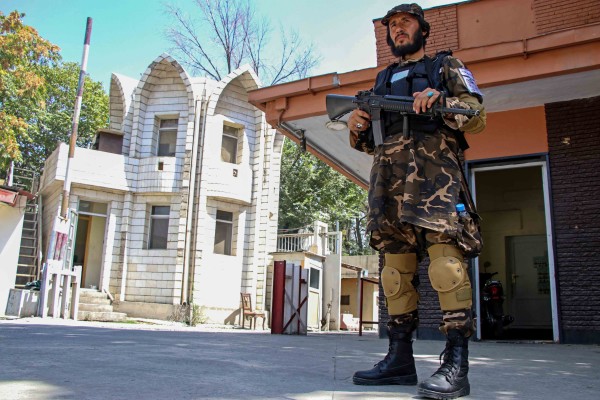An Afghan radio station that has sought to highlight women’s issues has reportedly been shut down by local authorities in northern Sar-e-Pul province, allegedly for lacking “requisite documents and professionalism.”
However, the Afghanistan Journalists Center (AFJC), a member of the IFEX global network for freedom of expression, has said that Radio Saday-e-Bano (Voice of Woman) was taken off the air after station employees refused to pay bribes to provincial officials.
Shafiullah Azizi, the station’s manager, told AFJC that the demand came from Abdul Qadoos Fahim, head of the provincial Department of Information and Culture. “The director called us to his office four days ago and demanded money. He even threatened with shutting down the radio unless I pay the illegal gratification.”
In its statement, the AFJC reported that the province’s governor, Abdul Jabbar Haqbin, “confirmed the closure of the radio but call it an illegal action of the director of Information and Culture department and promised to open it as soon as possible.”
“IPI urges local authorities to ensure the immediate reopening of Radio Saday-e-Bano and to investigate the reason for its closure” IPI Director of Communications and Public Relations Anthony Mills stated. “Any alleged attempt by provincial officials to see a bribe from a media outlet is unacceptable.”
The closure of Radio Saday-e-Bono is not the only press freedom violation reported in Afghanistan over the past week. Nasratullah Iqbal, a journalist with the private Bokhdi News Agency, said that the governor of central Parwan province beat him outside of a restaurant in Kabul, according to news reports.
“The governor criticized me for writing a review regarding his book and when I tried to answer him, he insulted and hit me on my face with a bottle of water and then started beating me with his guards,” Iqbal told AFJC. Additionally, at least two reporters working for Tanwir TV in the northern city of Pul-e Khumri were also victims of violence at the hands of politicians.
Earlier this month, a journalist working for the newspaper Mandegar, Azizu Rhaman Sakhizadeh, was freed from police custody after 11 days. In calling for his release, IPI Press Freedom Manager Barbara Trionfi noted that such incidents “severely curtail journalists’ abilities to deliver accurate and relevant information to the public, and thereby threaten the future of democracy in Afghanistan”.
According to IPI’s Death Watch, two journalists have been killed already this year in Afghanistan, the third deadliest country in Asia for the press after Syria, Pakistan, and the Philippines


